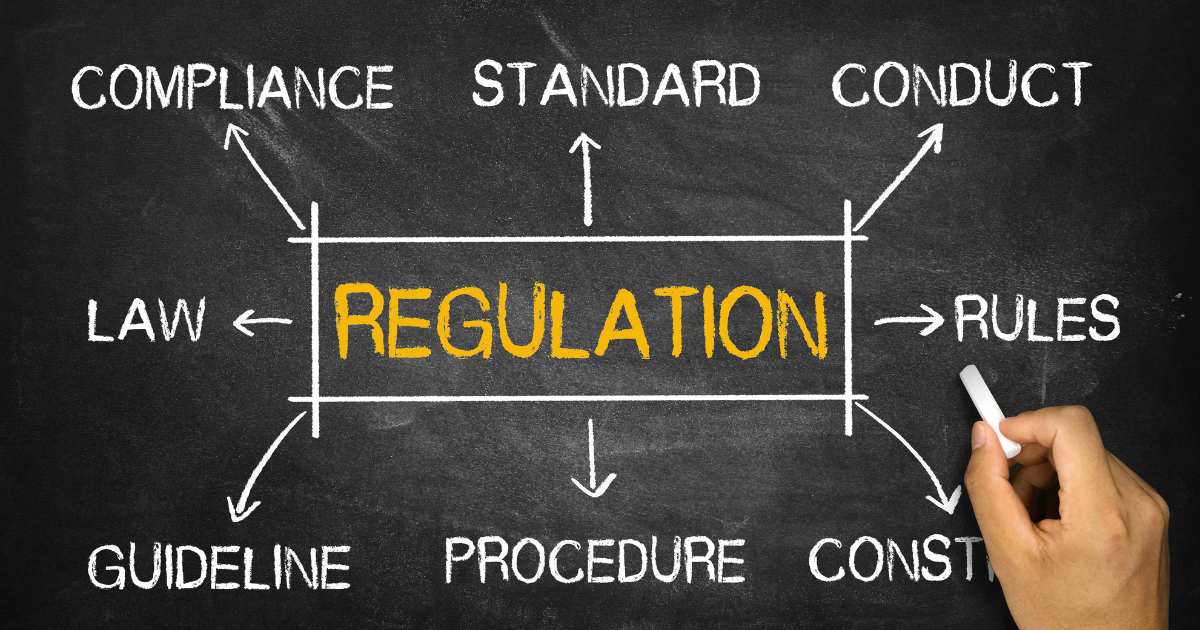
The following content is paid for by GAD Consulting Services.
By: Precious (Zulu) Mvulane CA (SA), RA & founder and MD of GAD Consulting Services
There are so many mistakes I have seen entrepreneurs make when getting into a partnership relationship. Often I will get called by entrepreneurs to come and assist them because they can see the ship is not going anywhere.
Many entrepreneurs think the relationship with their partners or shareholders will always be rosy and romantic, but like any relationship at some point the honeymoon ends and the real work begins.
Here are common mistakes entrepreneurs make with partners and shareholders:
1. You don’t know yourself nor what you want
Before you get a partner for your idea or business, first understand what your needs are and what role they will play in your business.
“Knowing others is intelligence; Knowing yourself is true wisdom. Mastering others is strength; mastering yourself is true power.” – Tao Te Ching
As an entrepreneur you need to be introspective. You can start the process by conducting a personal SWOT (Strengths, Weaknesses, Opportunities, and Threats) analysis. This introspection will help you identify your weaknesses, so you can focus on your strengths and therefore maximise on opportunities. There are several assessment tools that you can use to conduct self-introspection, but I prefer the DISC Assessment & Personality Test that you can find on Tony Robbins’s website.
The next step is to focus on personal development and to acquire the skills and knowledge you need to reach your goals. Become competent and specialise in at least one area and let your partners fill any gaps. You also need to know your core beliefs and values so that you know what’s negotiable and what’s not.
Based on the above – be clear on who you want in your business and ensure that the person suits the needs of your business. Remember, you also need to be the kind of partner that is worthy of the partner you wish to attract in your business.
2. You don’t screen potential partners or shareholders
Not screening your potential partners is like getting married, after a blind date, without checking if you are compatible. Even if you have known the person for several years, you don’t know how they operate or do business.
As part of the screening, check the following: their background, qualifications, skills, credit score, criminal and financial records. What have they achieved? Was this achieved with integrity and competence? Getting partners must be based on merit.
Once you are happy with what you find out in the screening, the next step is the courting process. Agree to a cool off period of at least 3 to 6 months, with the aim to regularly assess how the relationship is going. Watch your potential partners closely – how they do one thing is how they will do everything. Don’t ignore your instincts, deal with any issues head on. Check in regularly with the partner, remember, success leaves clues.
3. You make unreasonable assumptions that everything will work out
Many entrepreneurs wrongly assume that they will never argue with their partner. It’s human nature to have disagreements. Things don’t always work out as planned – that is universal law.
You will have disagreements, I guarantee it, like taxes and death, you need to put in processes for how they will be dealt with.
4. You sign CIPC documents without a director or shareholder’s agreement
Registering your business is the easiest part of launching a new business. Before you do that, be clear on what a shareholder or a director is and their responsibilities. If you are not sure look at the Companies Act.
Shareholders own shares in the company. Avoid a 50/50 split at all costs because when a decision needs to be made and both partners can’t agree, it will be difficult to conclude. Also work out an agreement for a director. This will be an employment contract as a director is an employee of the business.
5. You are not dealing with issues
When partners can’t be straightforward about how they feel and pretend to tolerate each other for too long, it fosters a bad company culture. As they say, the fish rots first from the head.
This affects how employees behave in the organisation and can affect productivity, increase staff turnover and stall succession planning. It is very difficult to deal with a toxic company culture once it has been entrenched within the organisation.
The bottom line, like in any relationship, when it becomes sour you need to take responsibility for your contribution to the problem. But remember, there is help and support available like our Mastering Basic Compliance workshops.
Ready to set measurable goals, learn to be accountable, increase your productivity and create a growth plan? Attend the GAD Simplified Business Strategy Development for Business Owners Workshop on 19 November 2019. The workshop will cover how you can differentiate your business from your competitors and increase revenue and margins, among others. Book Your Ticket HERE for the Johannesburg event.
SIGN UP for the GAD Consulting Services Newsletter and start learning to earn more!





